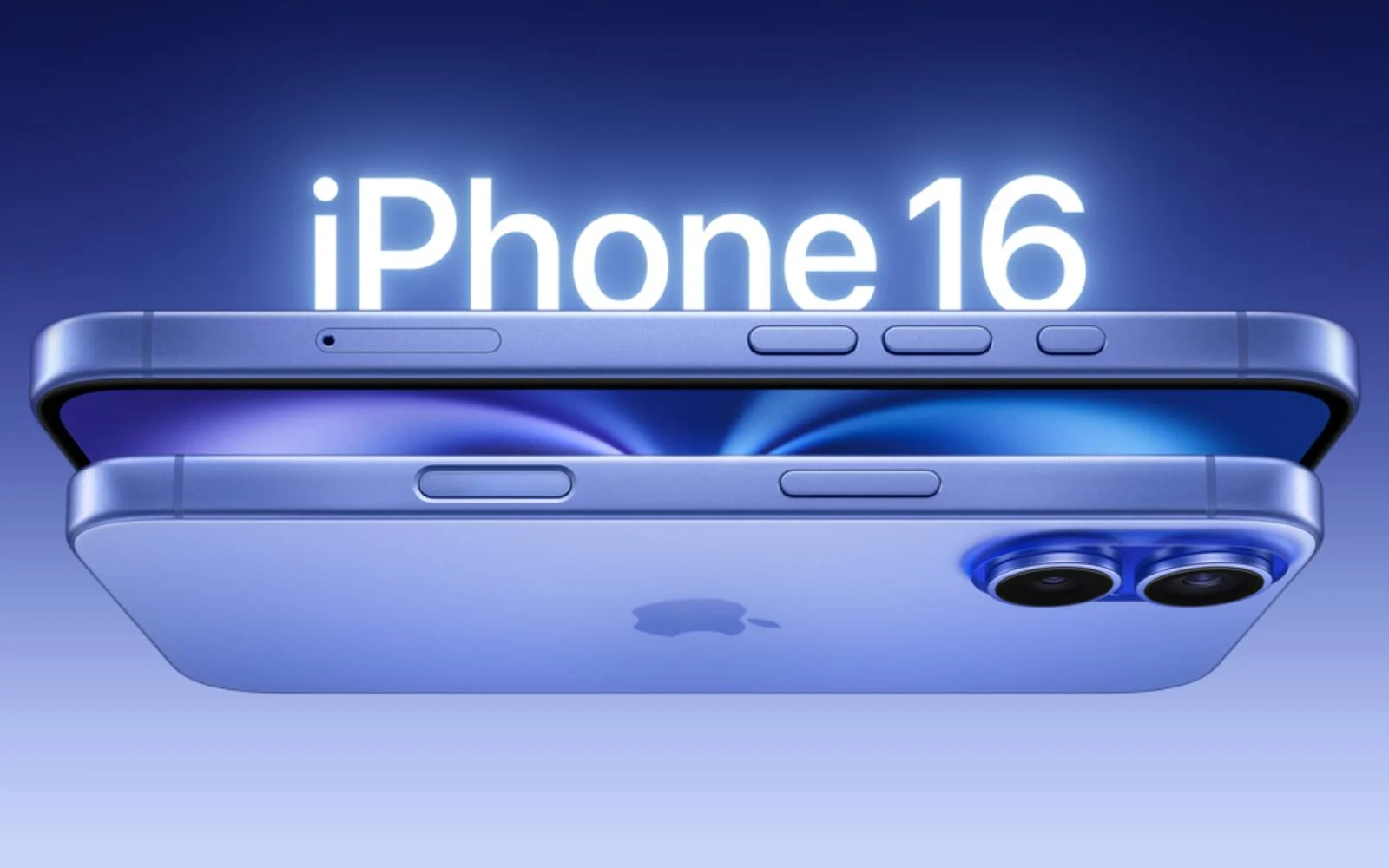IPhone 16 Sales Banned in Indonesia Over Investment Issues

Indonesia has just banned the sale of Apple’s most recent iPhone 16 series. Media outlets in Indonesia claim that Apple’s supposed inability to execute its investment obligations in the country is the reason behind the move. The ban serves as an example of Indonesia’s strict laws intended to promote domestic investment and ensure that the profits of international companies are dispersed domestically.
Why the iPhone 16 Ban Was Imposed
The Indonesian government claims that Apple has committed more than $100 million to the establishment of research and development (R&D) facilities in the nation. However, Apple has only made near $95 million in investments thus far. In response, the Indonesian Ministry of Industry stopped issuing IMEI (International Mobile Equipment Identity) certifications for iPhone 16 devices, thus stopping their domestic sale. This move indicates the government’s commitment to upholding foreign corporations’ investment pledges while they are doing business in the country.
Key Requirements for Foreign Businesses in Indonesia
For international businesses looking to sell their goods in Indonesia, there are certain criteria. These businesses are required to make at least 40% of their products from locally sourced resources. To promote local advances in technology, they are also urged to set up research and development facilities in Indonesia. These regulations are a component of the government’s larger plan to boost employment, the local economy, and technological independence.
This implies that Apple may have to make more local expenses if they want to maintain operations and sales in Indonesia. Additionally, in order to completely comply with Indonesian legislation, Apple may need to produce or assemble more of its goods domestically.
Historical Context and Impact of the Ban
Indonesia has previously imposed limitations to promote domestic manufacturing. Similar restrictions have been imposed on foreign businesses by the government to guarantee that Indonesia’s economy experiences real gains. The outcomes, however, have differed, with some businesses leaving the Indonesian market while others have adjusted to the regulations. Such limitations may result in further spending for Apple or even a reexamination of their strategy for the Indonesian market.
What This Means for iPhone Buyers in Indonesia
As of right now, the prohibition suggests that Indonesian consumers will not be able to formally acquire the iPhone 16 series. The demand for other brands may rise as a result of this limitation, or the iPhone grey market may grow. However, the prohibition can be removed, and the iPhone 16 might once again be sold in Indonesia if a deal occurs between Apple and the Indonesian government or if Apple keeps its investment pledge.
Indonesia’s ban on iPhone 16 sales emphasizes how crucial regulatory compliance is for international businesses. This serves as a crucial reminder to Apple of Indonesia’s dedication to upholding local manufacturing and investment laws. It would be interesting to observe if Apple increases its investments in Indonesia in the future in order to comply with these regulations and re-enter the market.



